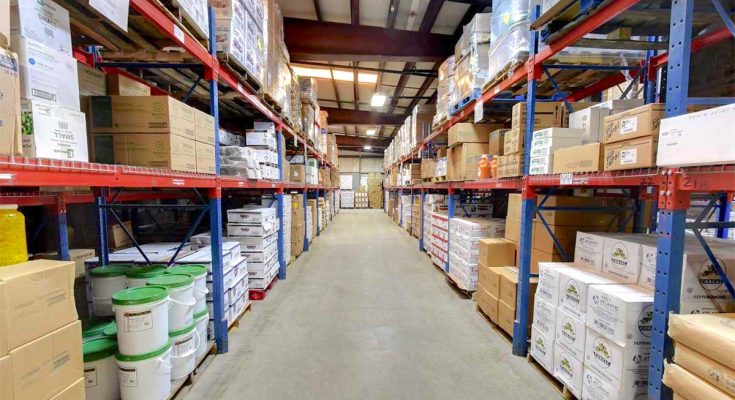Selecting a food supplier hong kong is a critical choice for any business in the food business. The quality, reliability, and consistency of your food supply can significantly impact your business’s prosperity. Whether you run a restaurant, a catering service, or any other food-related business, making informed decisions about your suppliers is essential.
Quality and Safety Standards:
Guarantee that the supplier adheres to severe quality and safety standards. This incorporates compliance with local food safety regulations, certifications, and reviews. Ask for documentation like HACCP (Hazard Analysis and Critical Control Points) plans and certification from relevant authorities to check the supplier’s obligation to convey safe and excellent products.
Product Variety and Availability:
Assess the supplier’s product range to guarantee it aligns with your business needs. A different choice can add to menu flexibility and customer satisfaction. Additionally, evaluate the supplier’s ability to satisfy your needs reliably, forestalling disturbances in your production network.
Reliability and Consistency:
Reliability is paramount in the food business. A steady stockpile of quality products is crucial for maintaining customer satisfaction and operational proficiency. Ask about the supplier’s track record, conveyance plans, and their ability to comply with time constraints, especially during peak seasons.
Price and Payment Terms:
While cost is a significant factor, it ought not be the sole consideration. Compare prices from various suppliers, taking into account factors like conveyance costs, limits for mass requests, and payment terms. Search for transparent estimating models to avoid stowed-away charges that may impact your financial plan.
Location and distribution channels:
Think about the closeness of the food supplier hongkong to your business. A local supplier may offer advantages in terms of faster conveyances and decreased transportation costs. Additionally, ask about their distribution channels and operations capabilities to guarantee they can productively reach your location.

Communication and Customer Service:
Powerful communication is vital for an effective partnership. A supplier with phenomenal customer service can address issues expeditiously and construct a collaborative relationship with your business.
References and Reviews:
Look for references from different businesses that have worked with the supplier. Online reviews and testimonials can also give bits of knowledge into the supplier’s reputation and the encounters of their clients. A positive track record is an area of strength for a reliable and dependable supplier.
Flexibility and Scalability
Consider the supplier’s ability to adapt to your business’ changing necessities. An adaptable supplier can accommodate fluctuations in demand, seasonal variations, and surprising changes in your menu or product contributions. Assess their scalability to guarantee they can develop with your business and offer reliable help as you expand.
Technology and Innovation:
Evaluate the supplier’s utilization of technology and innovation in their operations. A supplier leveraging present-day technology may offer advantages like real-time tracking of conveyances, stock management frameworks, and internet-requesting platforms. These instruments can enhance proficiency and streamline your production network processes.
Selecting a food supplier is a strategic choice that requires careful consideration of various factors. By focusing on quality, reliability, evaluating transparency, and sustainable practices, you can establish major areas of strength that emphatically impact your business’s prosperity. Regularly audit your supplier relationships to guarantee they keep gathering your advanced requirements and standards.




